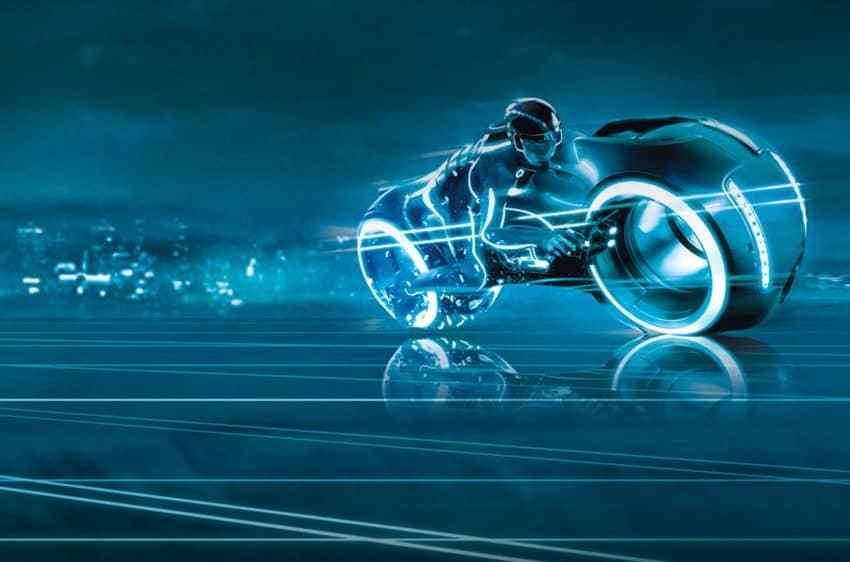Priller
Well-known member
Electric is still a long way off for places like Canada with current technology, as distances driven regularly are long (including commutes), and temperature is an issue in much of the country. I could see bigger cities starting to do similar to Europe, though, and starting to institute a tax on IC vehicles. Distances in Europe are much shorter, weather is milder, and density is higher, so it makes a lot of sense there.
(Things are changing fast, too. My wife and I were watching a video shot in Rome recently, and there's a sudden proliferation of electric scooters there. We were there last in April of 2019, and there were hardly any. Now there's clusters on almost every corner in the city centre, in what appears to be some sort of ride share system. Getting rid of gas and diesel is an even more pressing issue in these older cities, as the exhaust is rapidly destroying many of the old stone structures.)
I used to be among the "you'll pry my gas motor from my cold, dead hands" crowd, influenced by idiots like Jeremy Clarkson. Electric felt very threatening to the idea of vehicles as something fun rather than purely utilitarian. But as time has gone by, I can see a day fast approaching where electric in some form, be it with improved batteries or some type of fuel cell (especially if someone figures out how to harvest hydrogen in volume), is how we all get around. It offers all sorts of torque benefits, so if they can get the weight down, it could actually be better. I've also come to believe the environment is by far the most important issue of our times, and it's time we all started making sacrifices. Western consumption is unsustainable at our current rate, and we can't just demand that India and China make sacrifices first.
For the medium future, though, I think it'll be incremental change and things like Euro regs driving manufacturers to update designs. Nothing will be made illegal to own, just sell. It'll become more and more difficult to use the old bikes day-to-day until it's the preserve of old nerds and beardo hobbyists. Whatever new technology fits the bill will dominate, hopefully powered by something Canada has in abundance.
That's a ways off, though. The F-150 is by far the best selling vehicle in North America, and easily 95% of them on the road are used for nothing more intense than getting groceries. Gas still needs to get a lot more expensive before we're collectively willing to give up our big rigs...
(Things are changing fast, too. My wife and I were watching a video shot in Rome recently, and there's a sudden proliferation of electric scooters there. We were there last in April of 2019, and there were hardly any. Now there's clusters on almost every corner in the city centre, in what appears to be some sort of ride share system. Getting rid of gas and diesel is an even more pressing issue in these older cities, as the exhaust is rapidly destroying many of the old stone structures.)
I used to be among the "you'll pry my gas motor from my cold, dead hands" crowd, influenced by idiots like Jeremy Clarkson. Electric felt very threatening to the idea of vehicles as something fun rather than purely utilitarian. But as time has gone by, I can see a day fast approaching where electric in some form, be it with improved batteries or some type of fuel cell (especially if someone figures out how to harvest hydrogen in volume), is how we all get around. It offers all sorts of torque benefits, so if they can get the weight down, it could actually be better. I've also come to believe the environment is by far the most important issue of our times, and it's time we all started making sacrifices. Western consumption is unsustainable at our current rate, and we can't just demand that India and China make sacrifices first.
For the medium future, though, I think it'll be incremental change and things like Euro regs driving manufacturers to update designs. Nothing will be made illegal to own, just sell. It'll become more and more difficult to use the old bikes day-to-day until it's the preserve of old nerds and beardo hobbyists. Whatever new technology fits the bill will dominate, hopefully powered by something Canada has in abundance.
That's a ways off, though. The F-150 is by far the best selling vehicle in North America, and easily 95% of them on the road are used for nothing more intense than getting groceries. Gas still needs to get a lot more expensive before we're collectively willing to give up our big rigs...


























